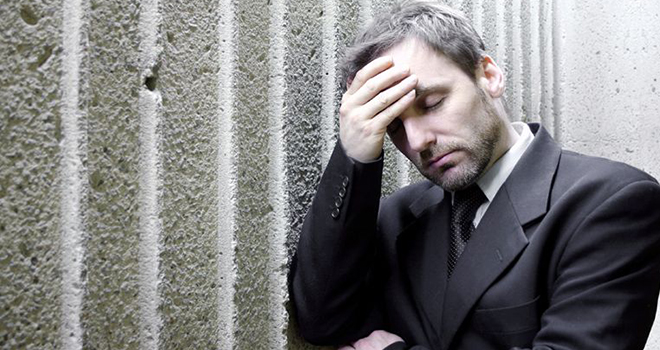
Have you recently messed up a very important interview and now want to know if you could ever recover? After a job interview, many of us have had these thoughts: “What was I thinking? I really wish I hadn’t said that!”, or, “I could have handled that question much, much better!” While in some cases, it is not always possible to recover from a really big blunder (bad-mouthing a previous employer, answering your cell phone during the interview, dressing inappropriately, using bad language, etc.), most interviewers understand that people are nervous in job interviews, and they take that into consideration when evaluating the jobseeker. Recovery after a job interview is possible because it might not have been as bad as you thought it was. Here’s a three-step plan that you could follow after a job interview to speed up your recovery:
Think about what went wrong during the job interview, and see if you can figure out why it happened. Were you too tired? Were you distracted by something else going on? Were you not well-enough prepared? Was it a panel interview and too many questions were being asked at the same time? Remind yourself that everyone is fallible and that if you stumble or falter with a particularly difficult question, you can quickly recover. The secret is not to make a big issue out of a wrong answer but to quickly take stock of what went wrong and take remedial action, if possible.
Send your thank you letter, as usual, and use it to launch your recovery. Think of all the questions you couldn’t answer well during the job interview and answer them better in your thank you message. For example: “I have been thinking about your interesting question [question], and wanted to add this thought, [what you wish you had said in the interview].” If you called your interviewer by the wrong name, be sure to use his correct name in the thank you message. But whatever you do, do not reference a mistake you made during the interview.
Whatever the situation, try to develop a strategy to better handle it if it occurs again. What could you have done differently? How can you do better next time? Think about it. Ask friends. Maybe even do some research. For example, if you did not answer a question well, write down the question. Perhaps you could do some research on what the answer should have been so you can be well-prepared if it is asked again. Or, perhaps you interviewed with a new kind of employer, a different industry or larger (or smaller) than your previous employer. Things can be quite different for the same profession or job function in different industries. So do some research into what the differences are and how the other side (the new industry or other company) works. A way to gather all the information you need would be by requesting a few informational interviews. Also, you can always have a look at these do’s and don’ts of job interviews.
“To err is human” is a very old (and very true) statement. So if you think your job interview was not as good as you wanted it to be, try to look on the bright side: you now have more experience with interviewing. And if you follow the three-step recovery process mentioned above, I bet you won’t make the same mistake again!